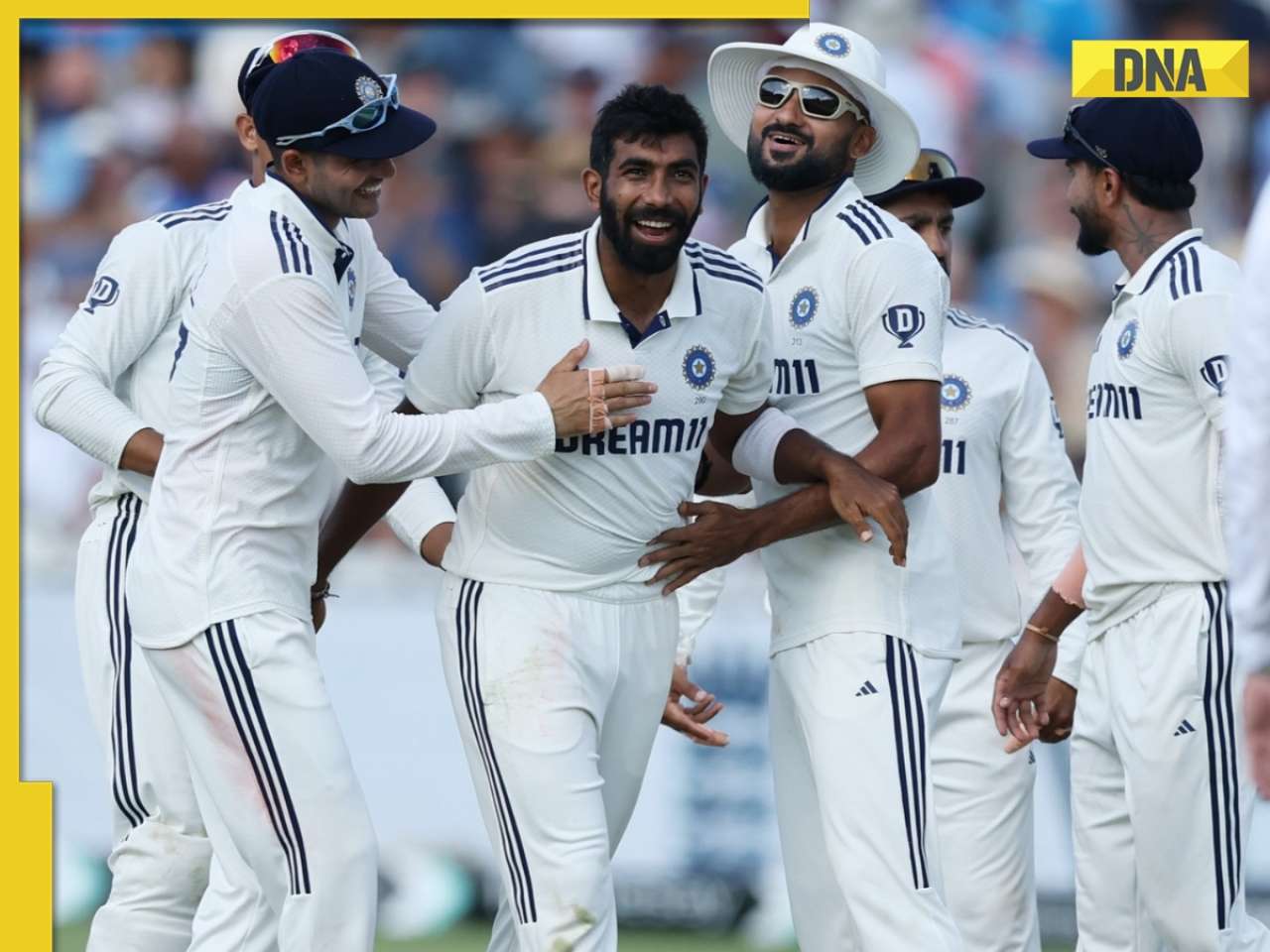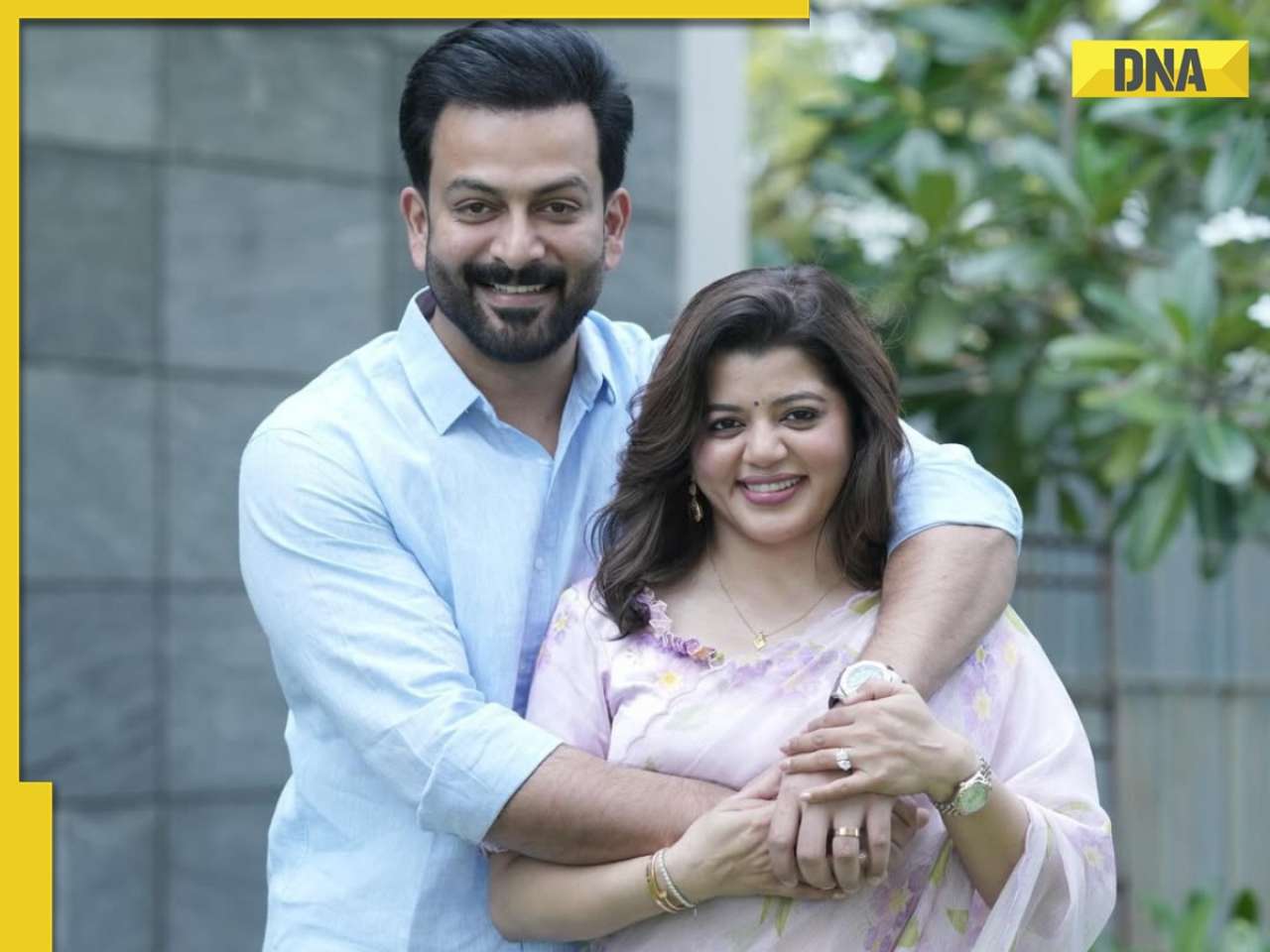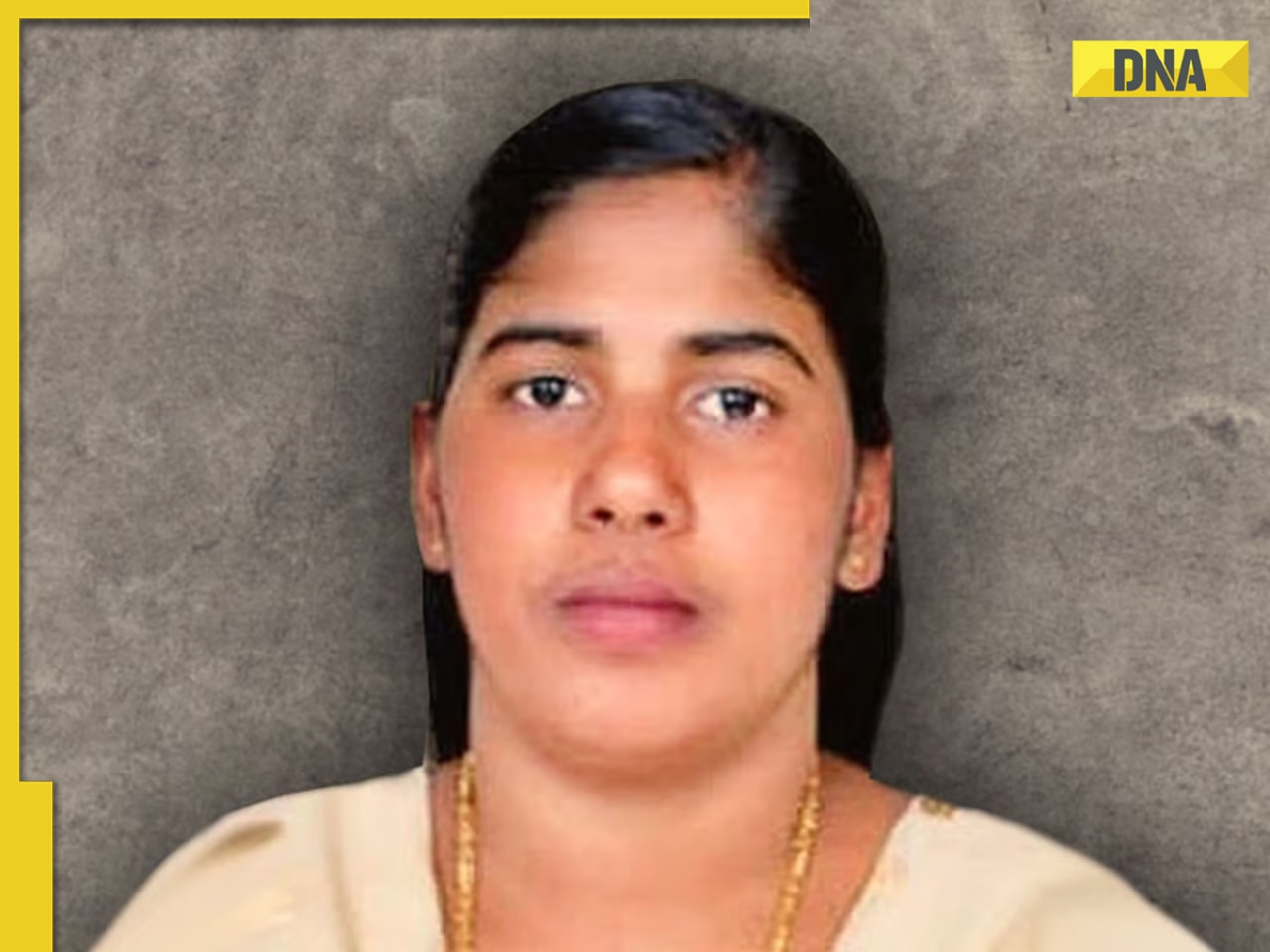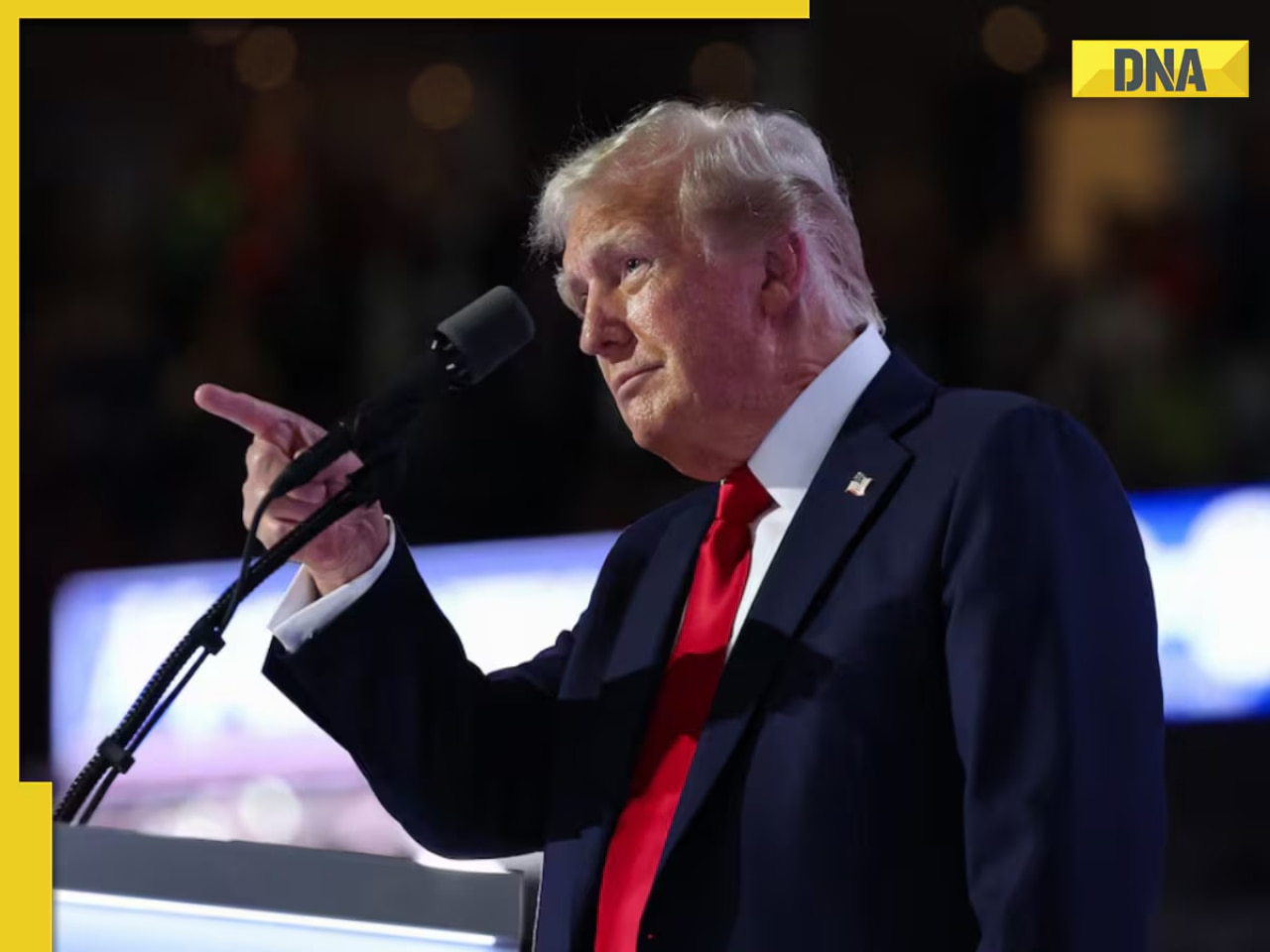The discovery originated when she was admitted to R.L. Jalappa Hospital in Kolar in February last year for heart surgery, with her known blood type being O Positive, a relatively common type.
A 38-year-old woman from the Kolar district in Karnataka has been identified as the first person in the world with a previously unknown and exceptionally rare blood group, according to a media report. Medical professionals have stated that if she requires a blood transfusion, she would need to donate her own blood beforehand, as no other individual possesses the same unique blood type. The case was referred to the Advanced Immunohematology Reference Lab at the Rotary Bangalore TTK Blood Centre after initial attempts to find a match proved unsuccessful.
What is CRIB?
According to a report by The Hindu, experts at the lab observed an unusual reaction between her blood and every sample tested, indicating a unique antigen never before documented. Further testing of her family members also failed to yield a match. The discovery originated when she was admitted to R.L. Jalappa Hospital in Kolar in February last year for heart surgery, with her known blood type being O Positive, a relatively common type.
During the course of her treatment, the woman's blood proved incompatible with all others. Even blood samples from her family members were not a match. Subsequently, doctors forwarded her samples to the International Blood Group Reference Laboratory (IBGRL) located in Bristol, UK.
Following a comprehensive 10-month analysis utilising molecular techniques, the laboratory confirmed the presence of a novel antigen in her blood. This new antigen has been officially recognized as part of the Cromer (CR) blood group system.
Why the blood group has been named CRIB?
The antigen has been named CRIB – with "CR" representing Cromer, and "IB" indicating India, Bengaluru.
What are the side effects of this blood group?
The discovery was presented at an international blood transfusion conference in Milan, Italy, on June 4, 2025. Medical professionals have emphasized that if she requires another transfusion, she cannot depend on blood donations from others. For scheduled surgeries, she may need to increase her own hemoglobin levels and store her blood in advance, a procedure known as autologous transfusion.
The Rotary Bangalore TTK Blood Centre, in collaboration with other organizations, has initiated a ‘Rare Blood Donor’ program to support individuals with uncommon blood types. They have already identified 21 rare donors from a pool of over 2,000 individuals tested.
Find your daily dose of All
Latest News including
Sports News,
Entertainment News,
Lifestyle News, explainers & more. Stay updated, Stay informed-
Follow DNA on WhatsApp.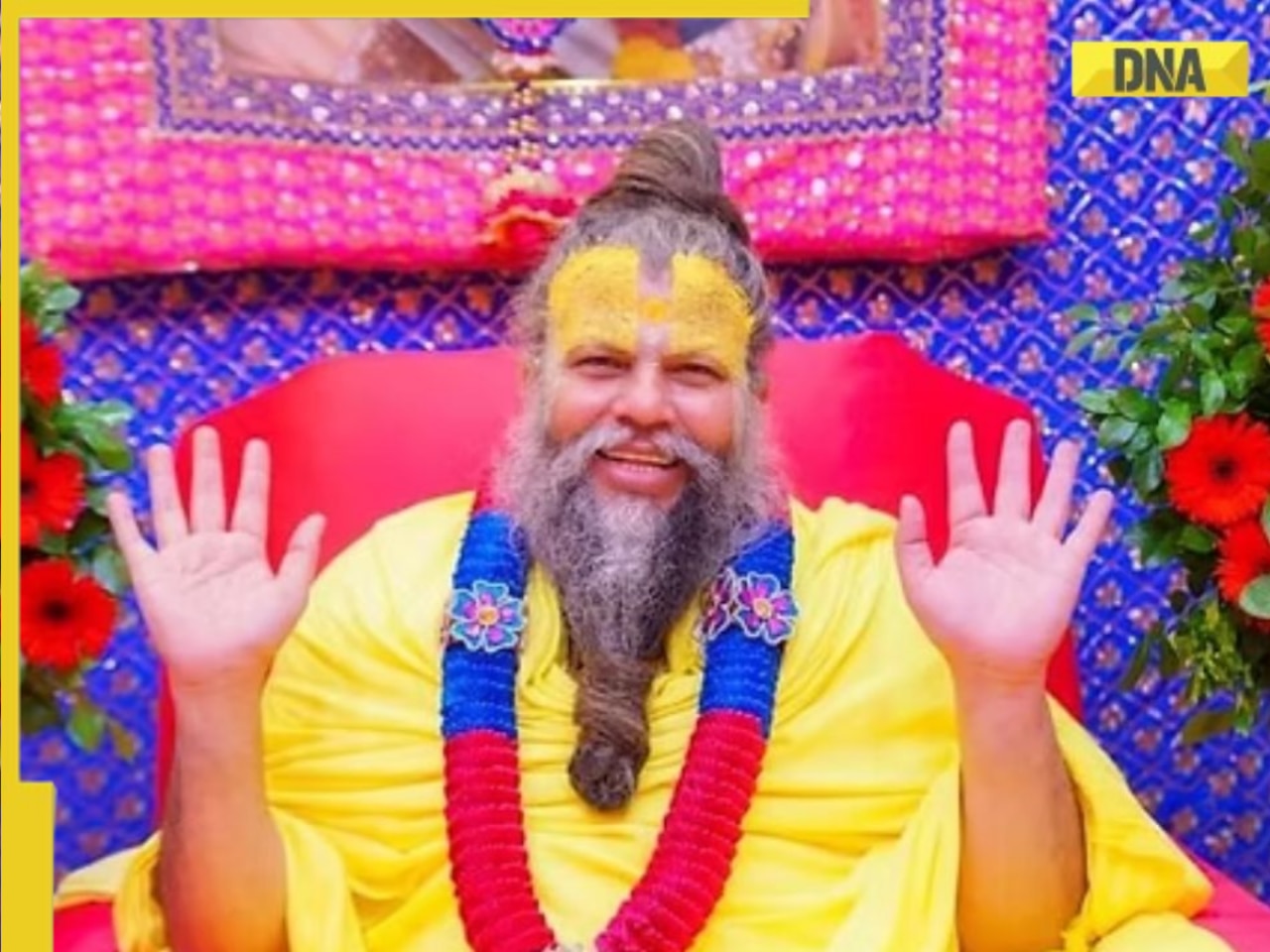 Viral video: After Aniruddhacharya, Premanand sparks new controversy, comments on girls: 'Jab chaar purush se milne ke aadat ho gayi hai, toh...'
Viral video: After Aniruddhacharya, Premanand sparks new controversy, comments on girls: 'Jab chaar purush se milne ke aadat ho gayi hai, toh...'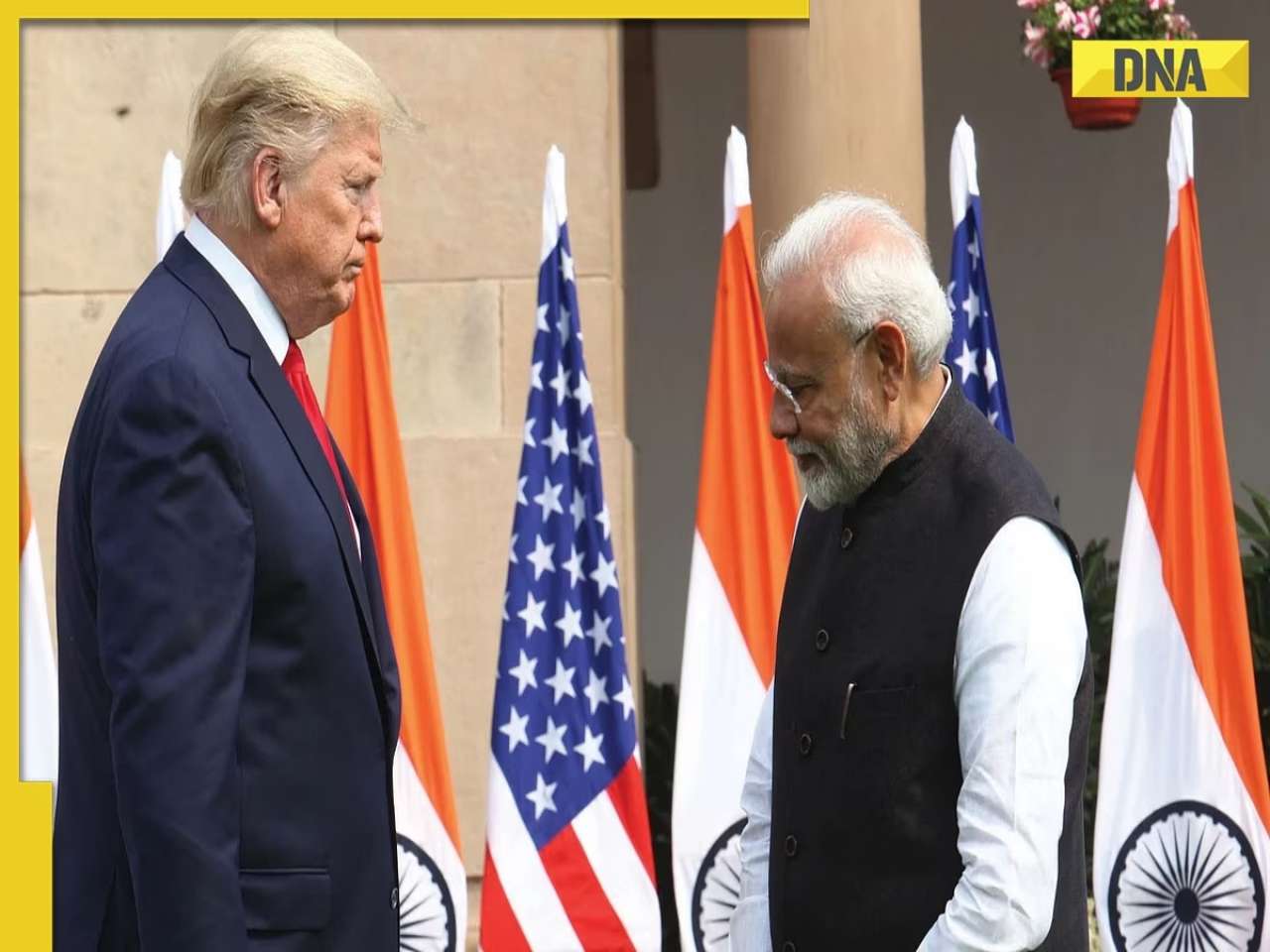 'We're negotiating with India...': US President Donald Trump after declaring 25% tariff plus penalty
'We're negotiating with India...': US President Donald Trump after declaring 25% tariff plus penalty 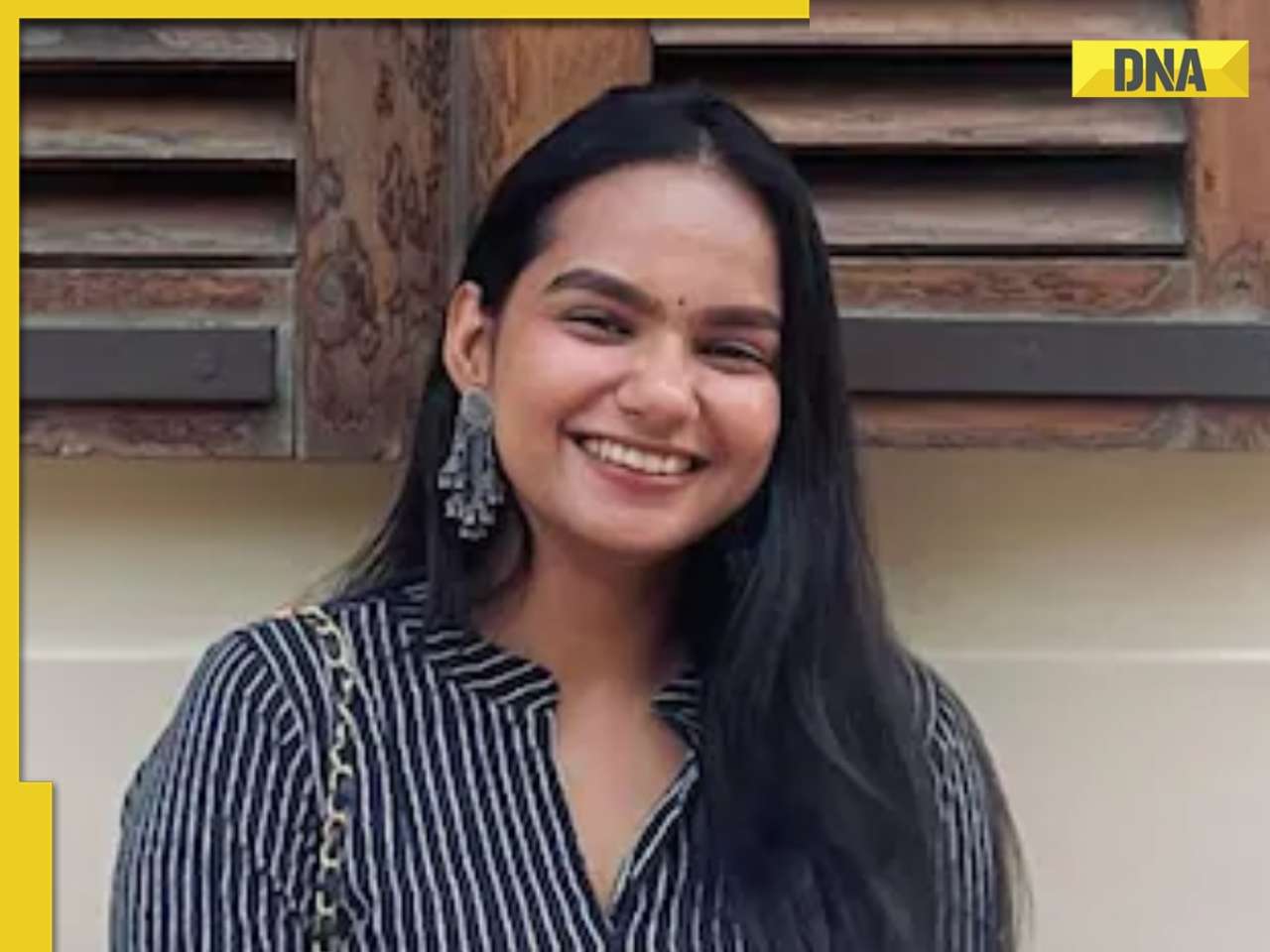 Meet woman, who studied 8 hours a day to fulfill IAS dream, cracked UPSC exam on 3rd attempt with AIR...; know about her preparation strategy and more
Meet woman, who studied 8 hours a day to fulfill IAS dream, cracked UPSC exam on 3rd attempt with AIR...; know about her preparation strategy and more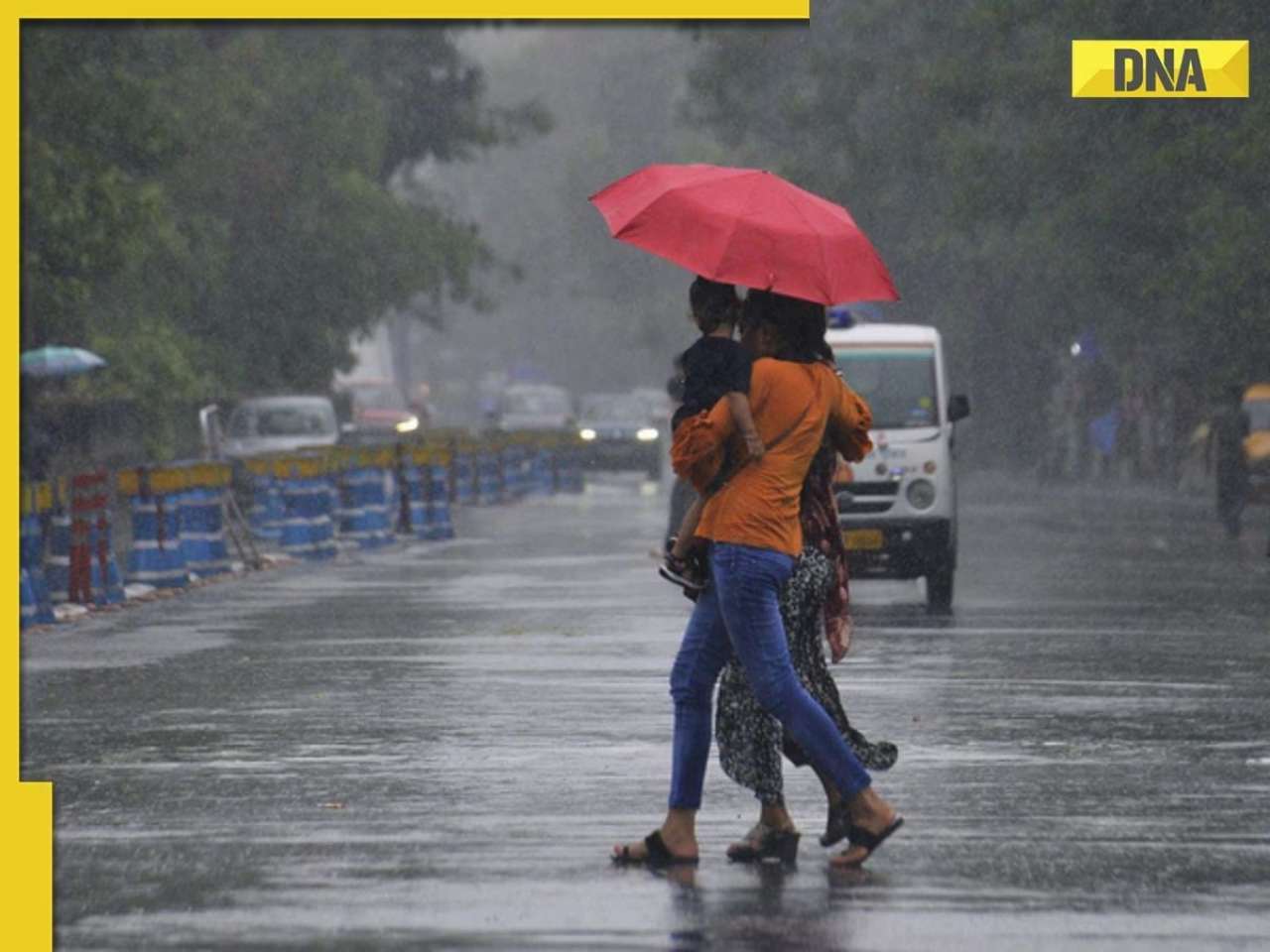 Delhi weather: Heavy rain lashes Delhi-NCR again, IMD predicts thunderstorm today
Delhi weather: Heavy rain lashes Delhi-NCR again, IMD predicts thunderstorm today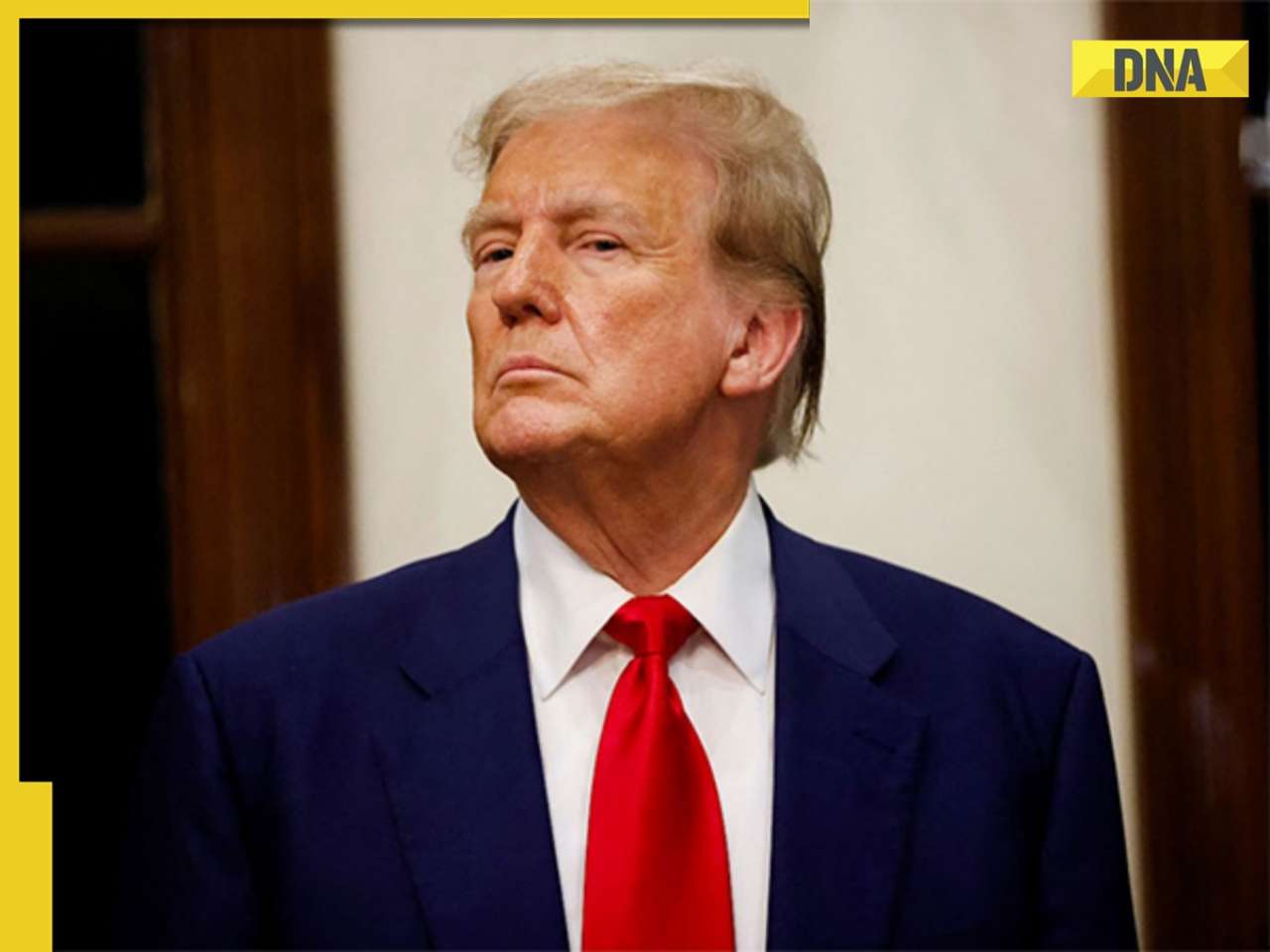 Donald Trump announces US-Pakistan deal to develop 'massive' oil reserves in Pakistan, says they might sell to 'India some day'
Donald Trump announces US-Pakistan deal to develop 'massive' oil reserves in Pakistan, says they might sell to 'India some day'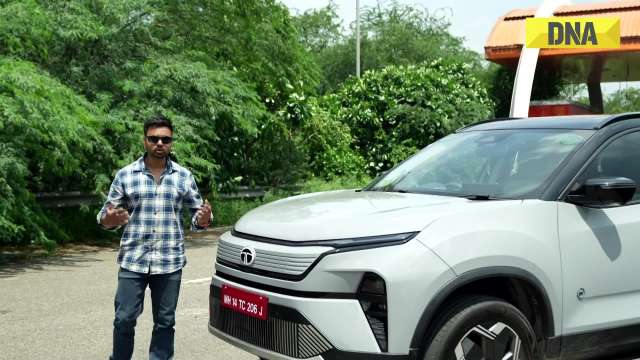 Tata Harrier EV Review | Most Advanced Electric SUV from Tata?
Tata Harrier EV Review | Most Advanced Electric SUV from Tata?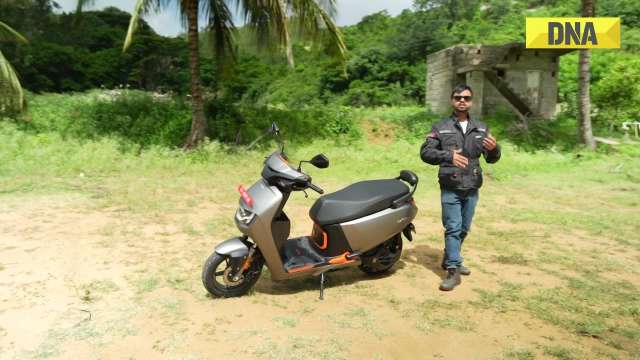 Vida VX2 Plus Electric Scooter Review: Range, Power & Real-World Ride Tested!
Vida VX2 Plus Electric Scooter Review: Range, Power & Real-World Ride Tested!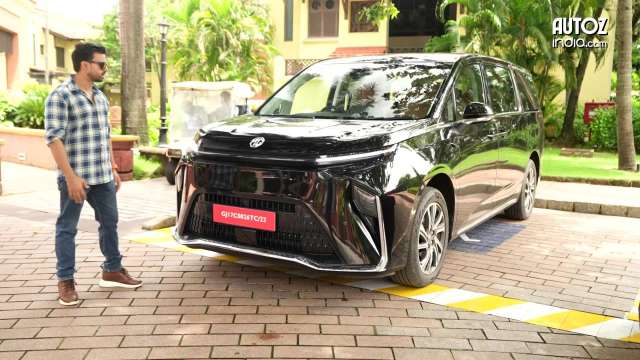 MG M9 Electric Review | Luxury EV with Jet-Style Rear Seats! Pros & Cons
MG M9 Electric Review | Luxury EV with Jet-Style Rear Seats! Pros & Cons Iphone Fold: Apple’s iPhone Fold Could Solve Samsung’s Biggest Foldable Problem | Samsung Z Fold 7
Iphone Fold: Apple’s iPhone Fold Could Solve Samsung’s Biggest Foldable Problem | Samsung Z Fold 7 Trump News: Congress Seeks Answers On Trump's Alleged Mediation In Operation Sindoor
Trump News: Congress Seeks Answers On Trump's Alleged Mediation In Operation Sindoor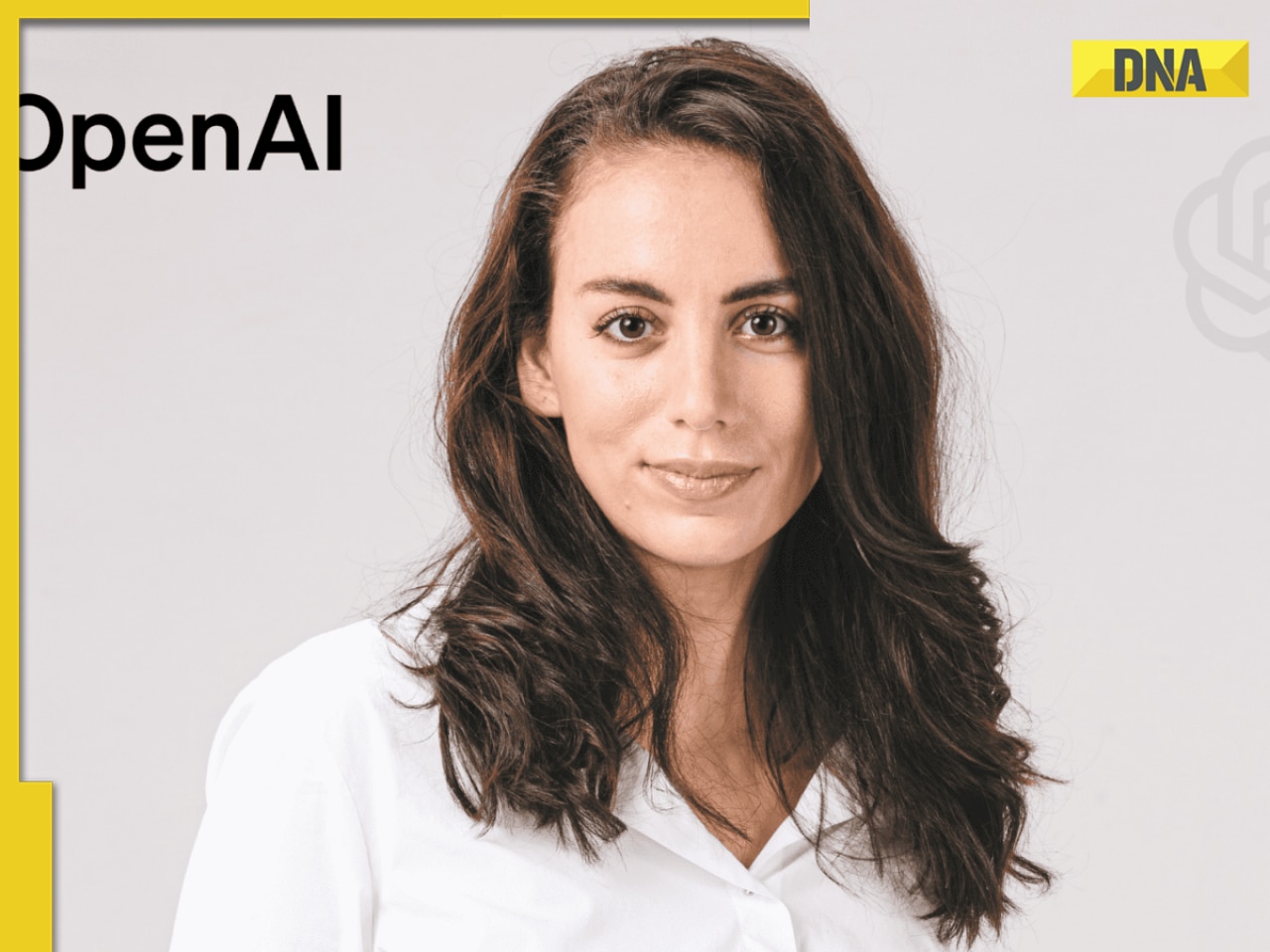 Who is Mira Murati? Former OpenAI CTO who rejected Mark Zuckerberg-led Meta's whopping Rs 8,700 crore offer to join...
Who is Mira Murati? Former OpenAI CTO who rejected Mark Zuckerberg-led Meta's whopping Rs 8,700 crore offer to join...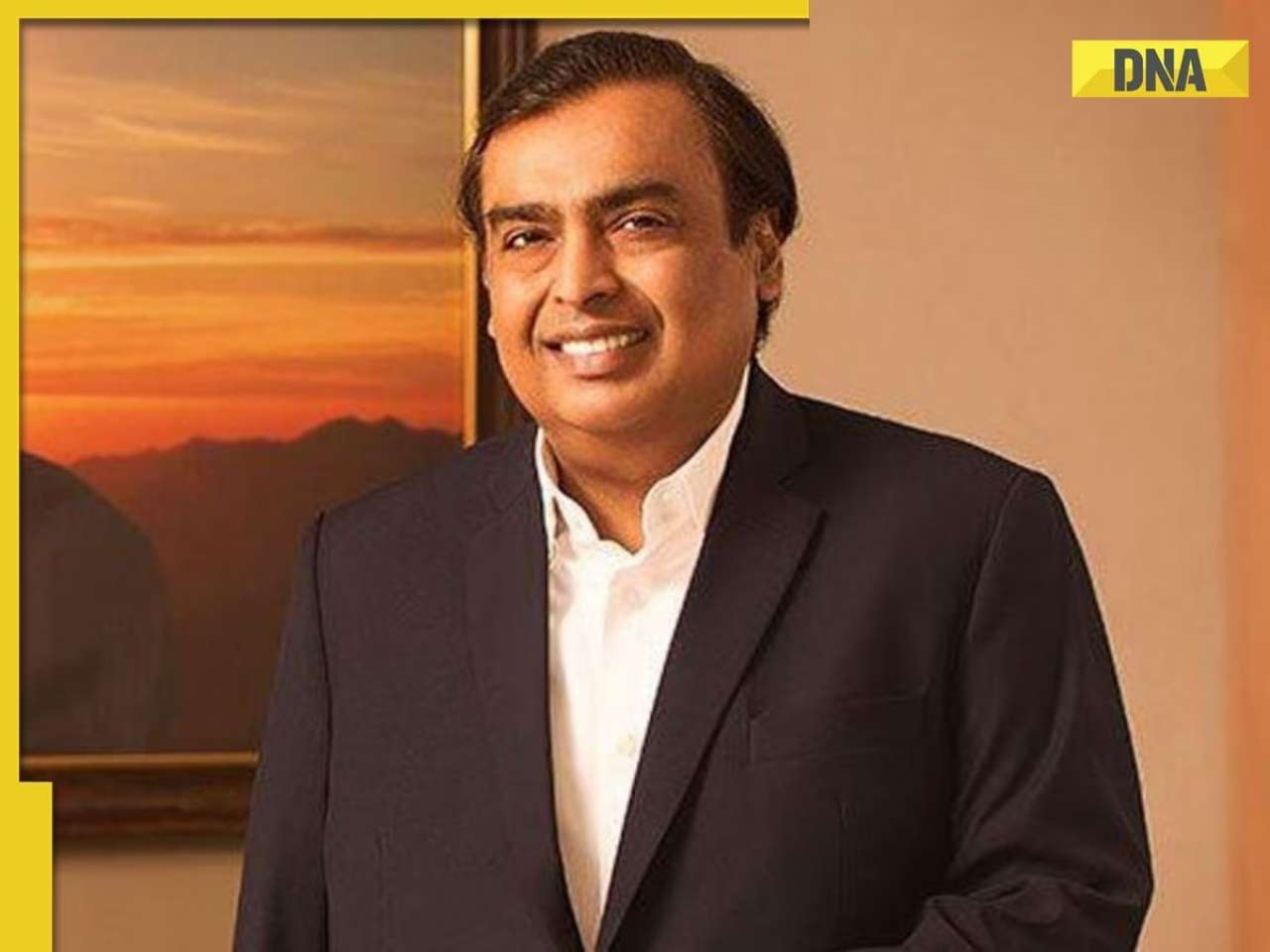 Mukesh Ambani plans BIG move as Reliance Consumer in talks to acquire majority stake in...
Mukesh Ambani plans BIG move as Reliance Consumer in talks to acquire majority stake in... Meet man, Indian-origin executive, who once worked at Accenture, now set to lead Air New Zealand as...
Meet man, Indian-origin executive, who once worked at Accenture, now set to lead Air New Zealand as...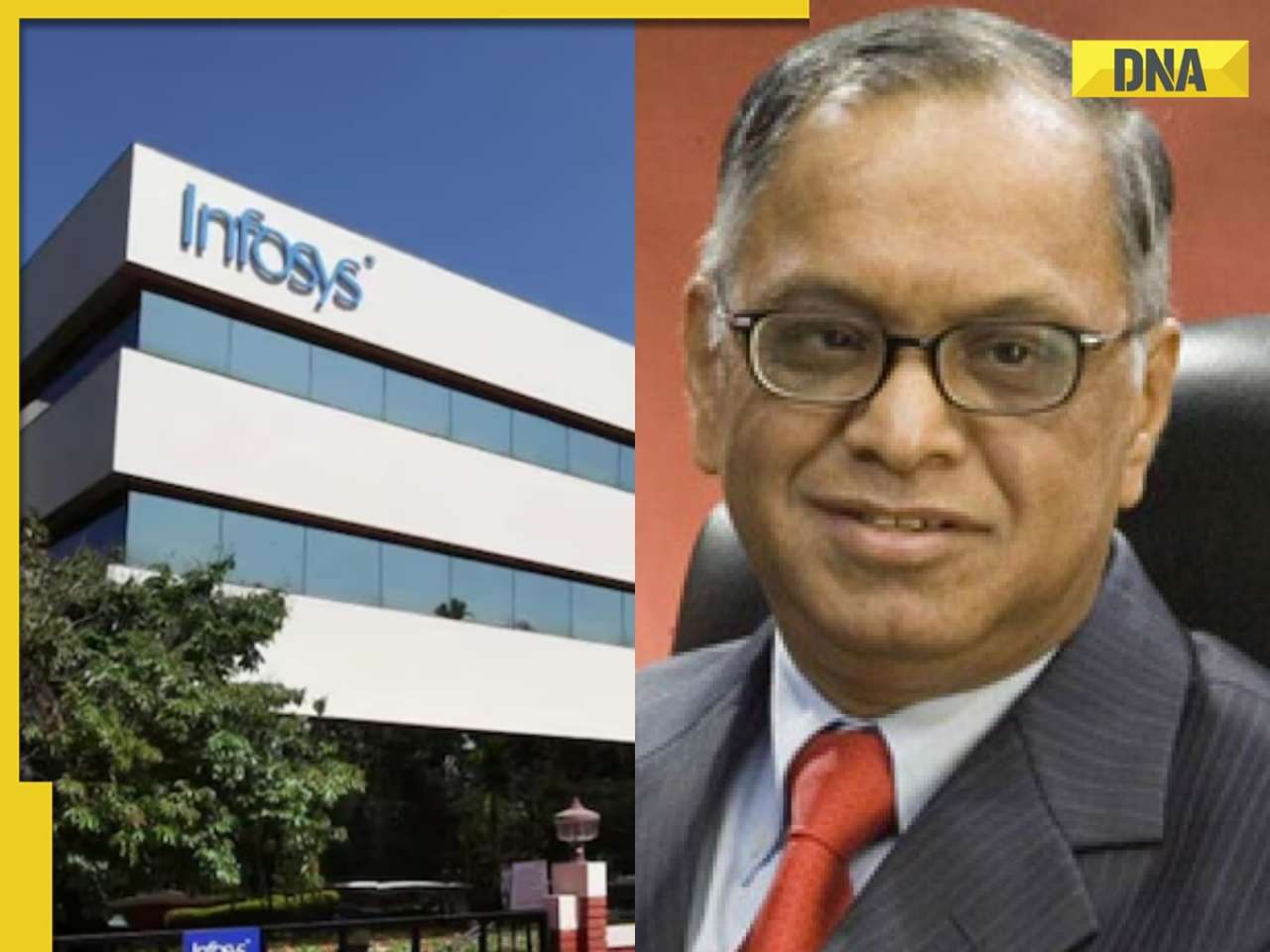 Good news! Amid TCS layoffs, Narayana Murthy's Infosys to hire 20000 freshers in...
Good news! Amid TCS layoffs, Narayana Murthy's Infosys to hire 20000 freshers in...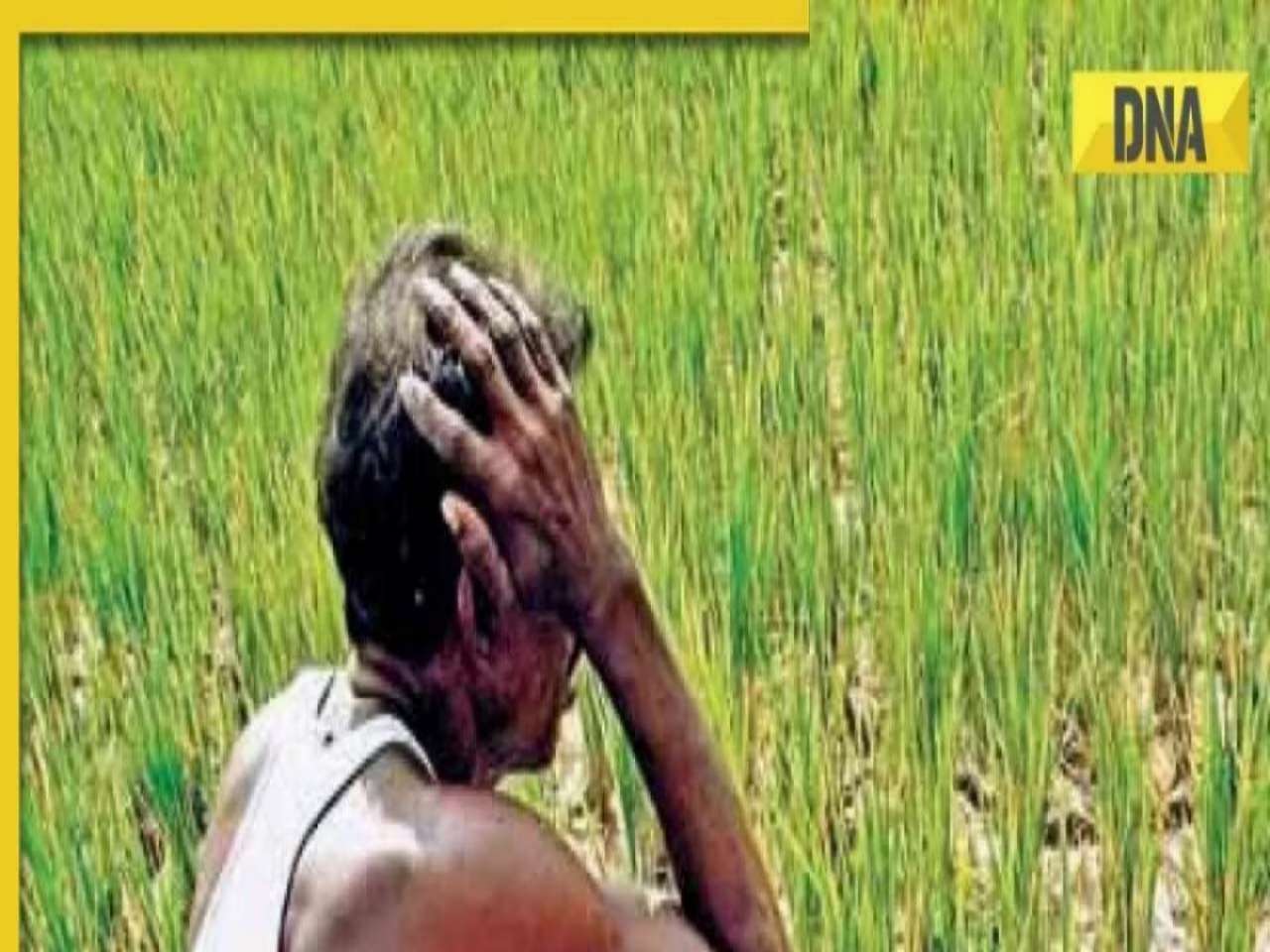 PM KISAN 20th installment: PM Modi to release funds on THIS date, check eligibility and other details
PM KISAN 20th installment: PM Modi to release funds on THIS date, check eligibility and other details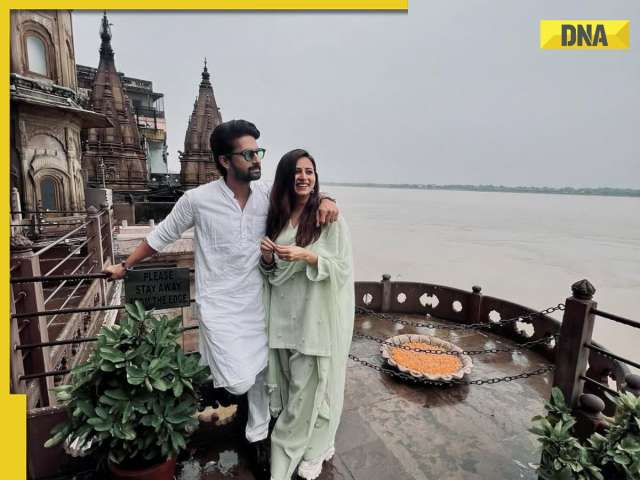 Ravi Dubey-Sargun Mehta begin shooting for their new project in Varanasi on Shravan Somwar; SEE PICS
Ravi Dubey-Sargun Mehta begin shooting for their new project in Varanasi on Shravan Somwar; SEE PICS Aneet Padda’s dreamy pastel pink saree from Saiyaara with Ahaan Panday is all over your mind? Get her look for just Rs...
Aneet Padda’s dreamy pastel pink saree from Saiyaara with Ahaan Panday is all over your mind? Get her look for just Rs...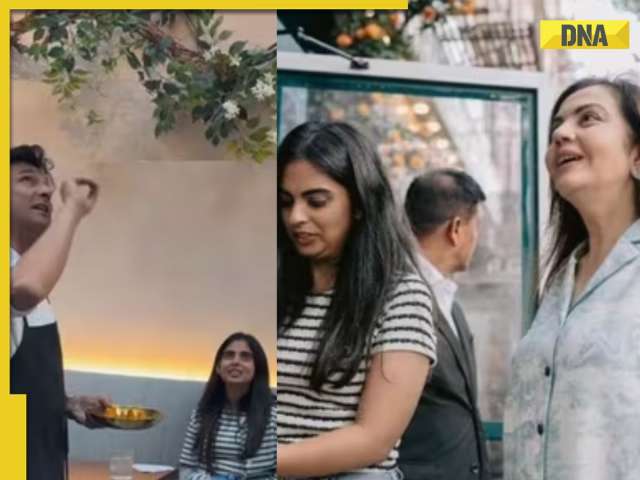 Nita Ambani, Isha Ambani embrace natural beauty at Vikas Khanna’s iconic New York restaurant, see pics
Nita Ambani, Isha Ambani embrace natural beauty at Vikas Khanna’s iconic New York restaurant, see pics When Life Gives You Tangerines, The Glory and other gripping K‑dramas that drew inspiration from real-life events
When Life Gives You Tangerines, The Glory and other gripping K‑dramas that drew inspiration from real-life events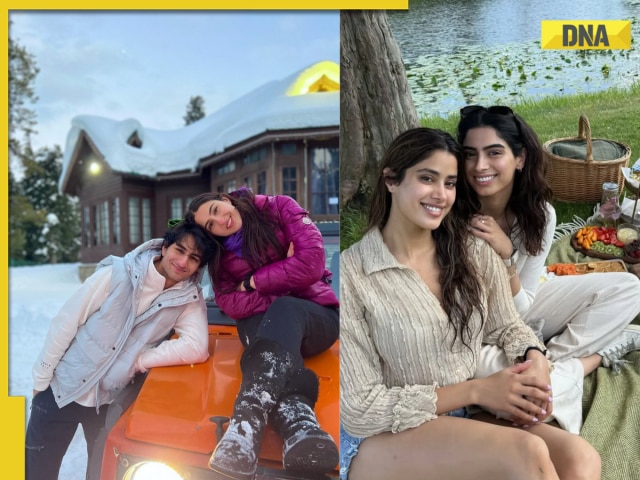 Raksha Bandhan 2025: Top 5 getaways to celebrate sibling bond
Raksha Bandhan 2025: Top 5 getaways to celebrate sibling bond Delhi weather: Heavy rain lashes Delhi-NCR again, IMD predicts thunderstorm today
Delhi weather: Heavy rain lashes Delhi-NCR again, IMD predicts thunderstorm today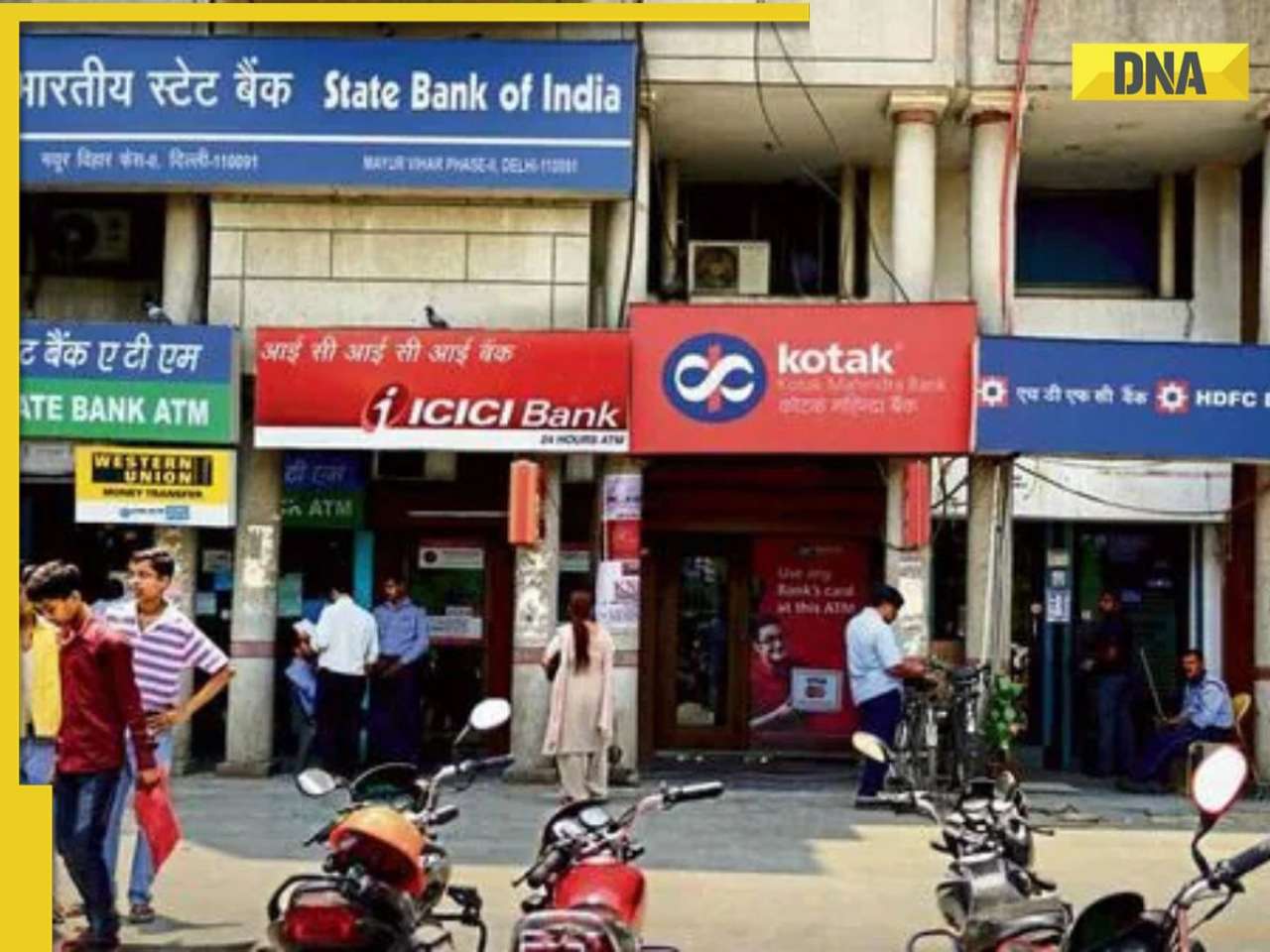 Good news for customers, government is rolling out NEW reforms in Bank laws, will be effective from...
Good news for customers, government is rolling out NEW reforms in Bank laws, will be effective from...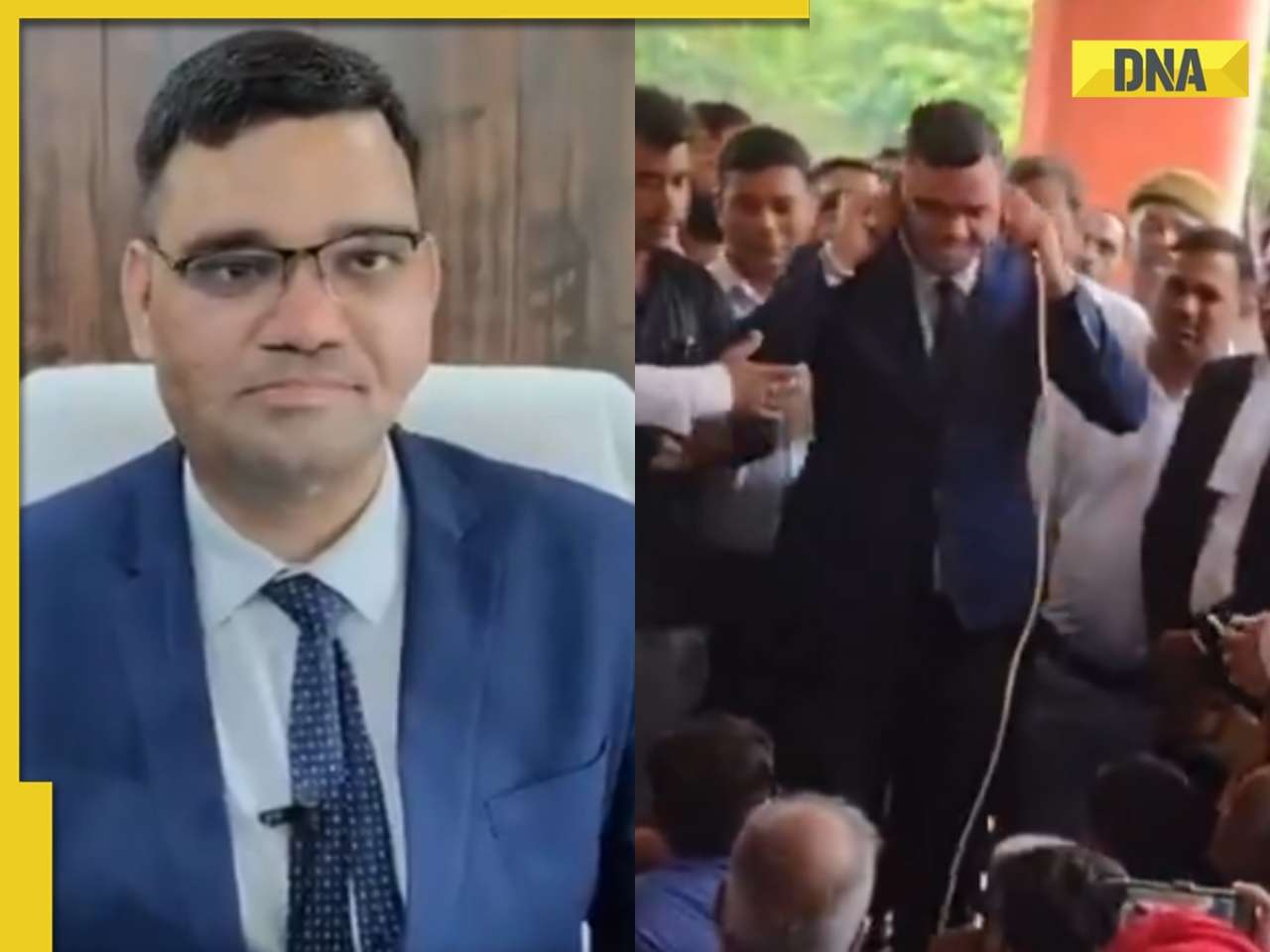 IAS Rinku Singh Rahi transferred day after doing sit-ups in front of lawyers to admit...
IAS Rinku Singh Rahi transferred day after doing sit-ups in front of lawyers to admit...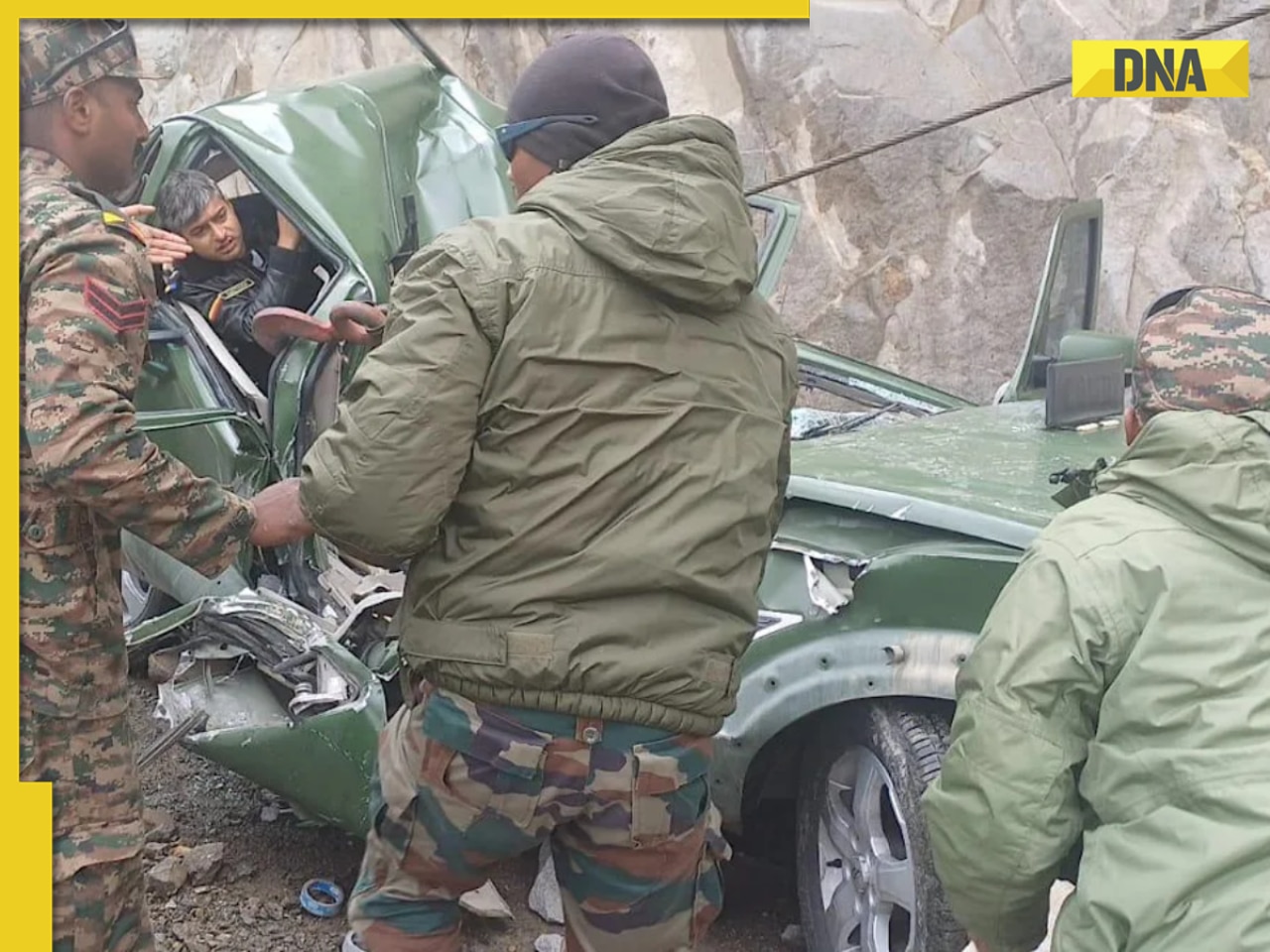 2 Army personnel dead, several injured as boulder falls on convoy vehicle in Ladakh
2 Army personnel dead, several injured as boulder falls on convoy vehicle in Ladakh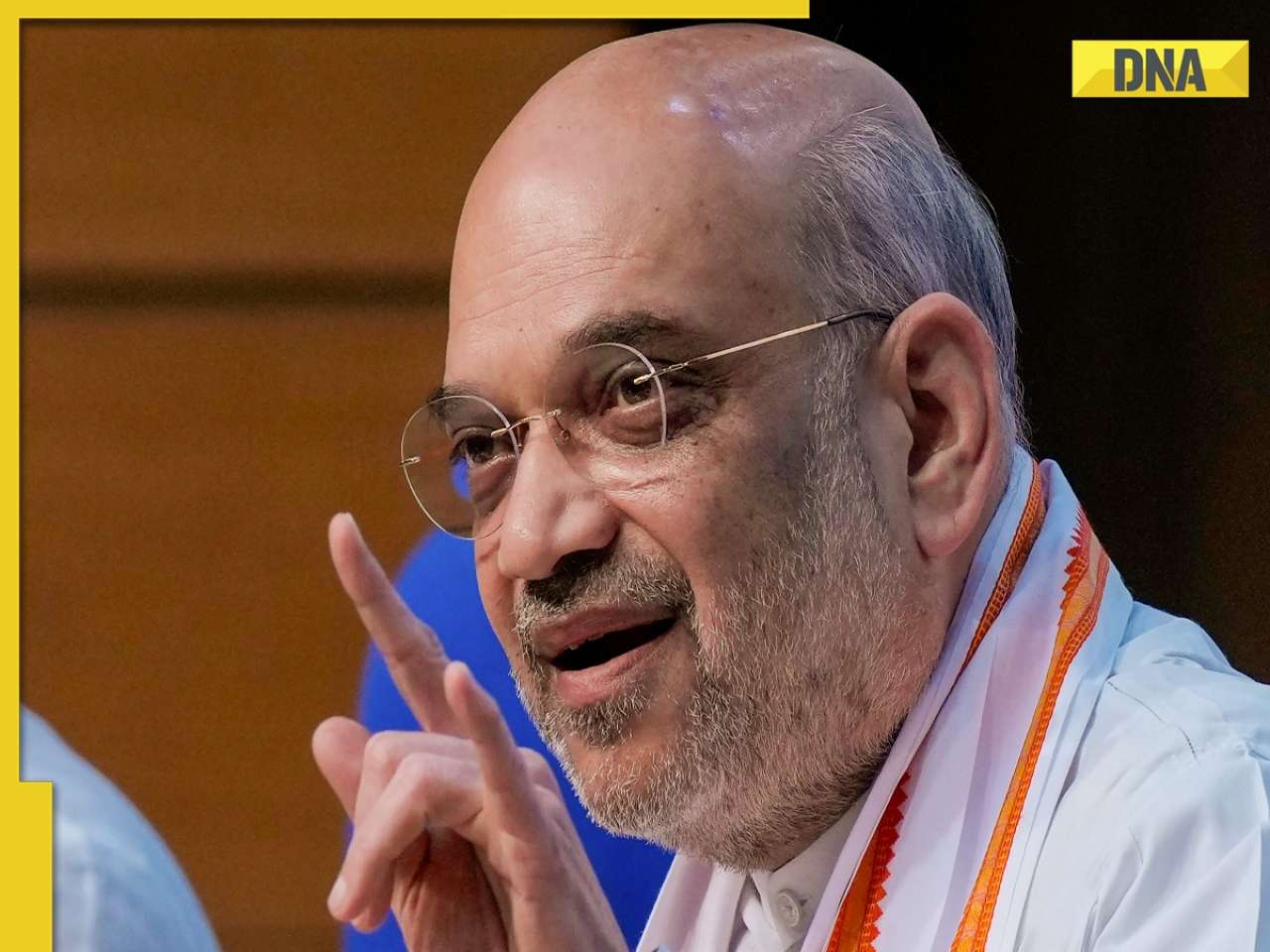 Amit Shah's BIG statement in Rajya Sabha, says, 'Even today, Pakistan able to do terror attacks but...'
Amit Shah's BIG statement in Rajya Sabha, says, 'Even today, Pakistan able to do terror attacks but...' Meet woman, who studied 8 hours a day to fulfill IAS dream, cracked UPSC exam on 3rd attempt with AIR...; know about her preparation strategy and more
Meet woman, who studied 8 hours a day to fulfill IAS dream, cracked UPSC exam on 3rd attempt with AIR...; know about her preparation strategy and more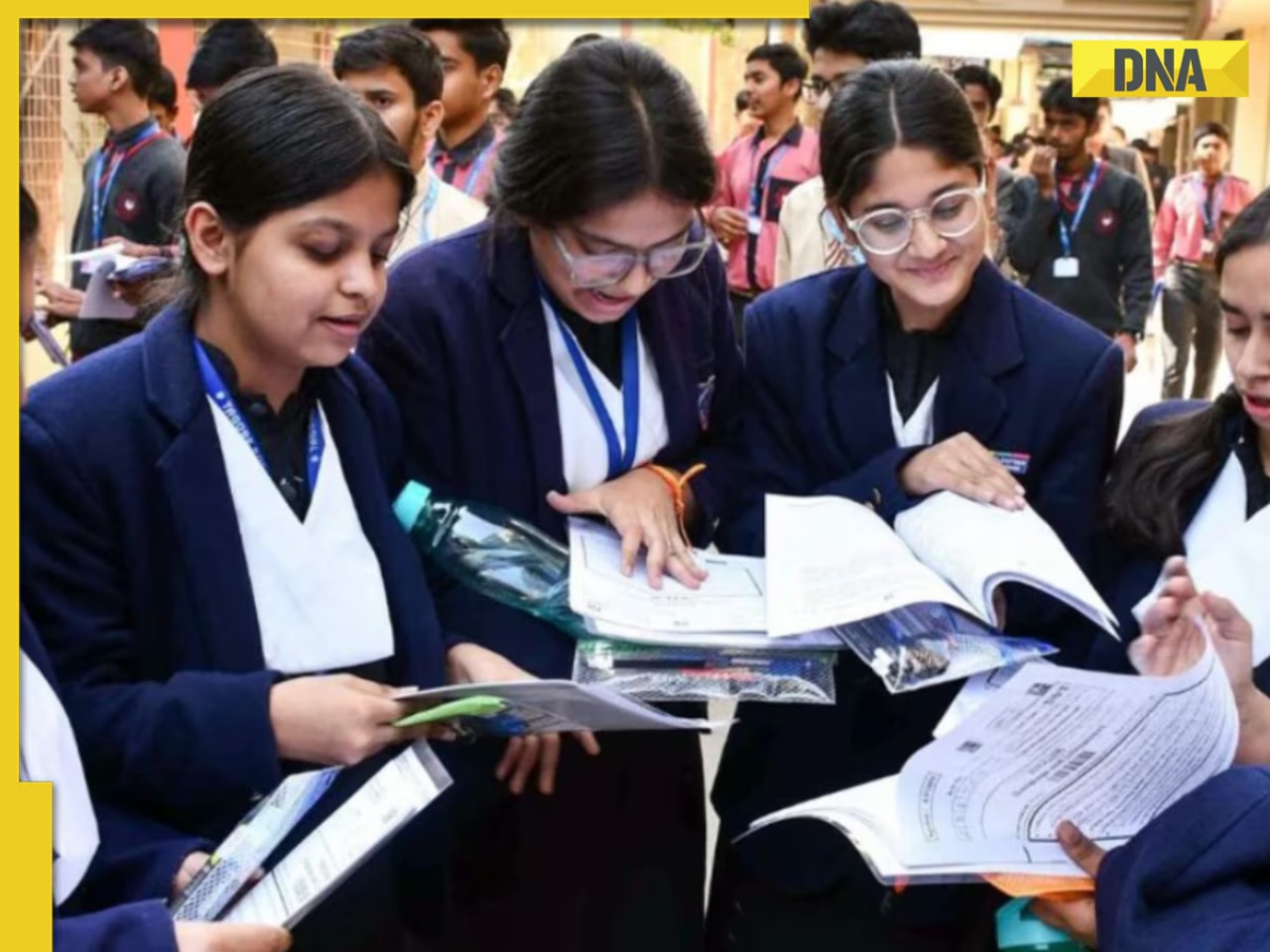 CBSE Class 10, 12 Compartment Exams result expected on...; here's how you can download it
CBSE Class 10, 12 Compartment Exams result expected on...; here's how you can download it Meet woman, a DU graduate, sister of a Chartered Accountant, who cleared UPSC exam on her third attempt with AIR..., she is...
Meet woman, a DU graduate, sister of a Chartered Accountant, who cleared UPSC exam on her third attempt with AIR..., she is...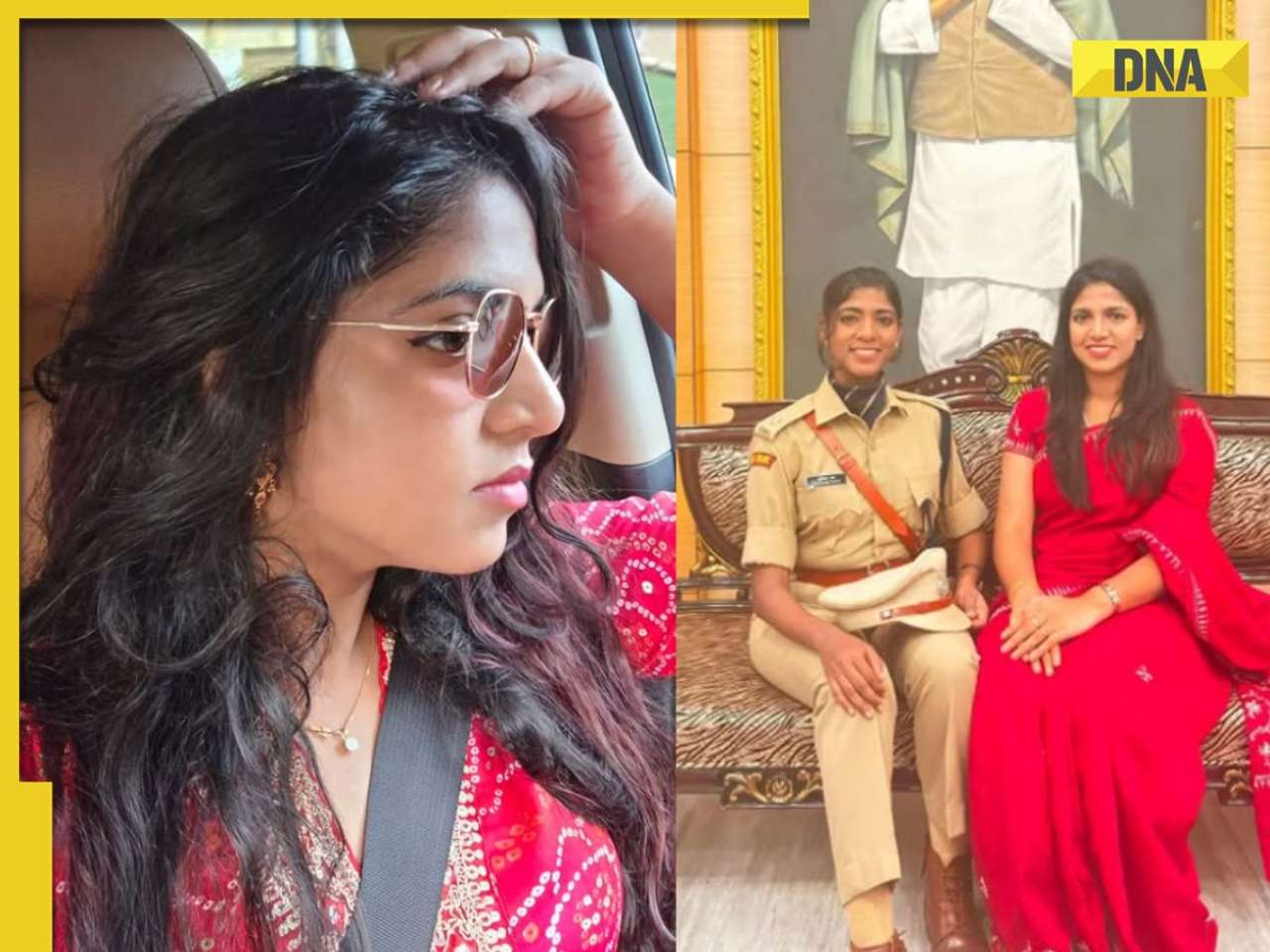 Meet woman, who lost her home in 2004 tsunami, cracked UPSC exam twice, is sister of IPS officer, currently posted as...
Meet woman, who lost her home in 2004 tsunami, cracked UPSC exam twice, is sister of IPS officer, currently posted as...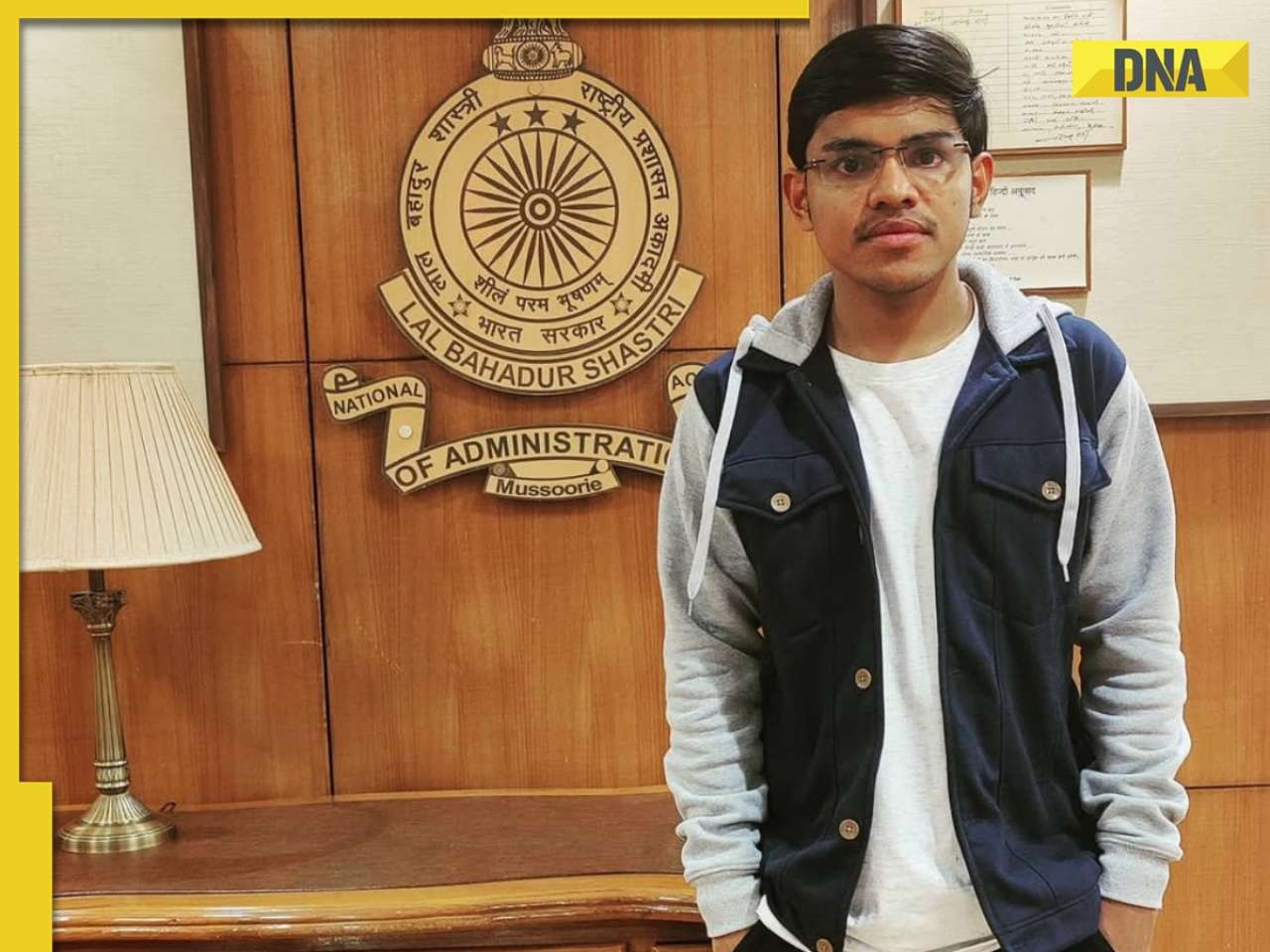 Meet man, whose father sold his house to fund his son's education, later cracked UPSC exam at the age of 23 in first attempt, his rank was..., he is from...
Meet man, whose father sold his house to fund his son's education, later cracked UPSC exam at the age of 23 in first attempt, his rank was..., he is from... Maruti Suzuki's e Vitara set to debut electric market at Rs..., with range of over 500 km, to launch on...
Maruti Suzuki's e Vitara set to debut electric market at Rs..., with range of over 500 km, to launch on...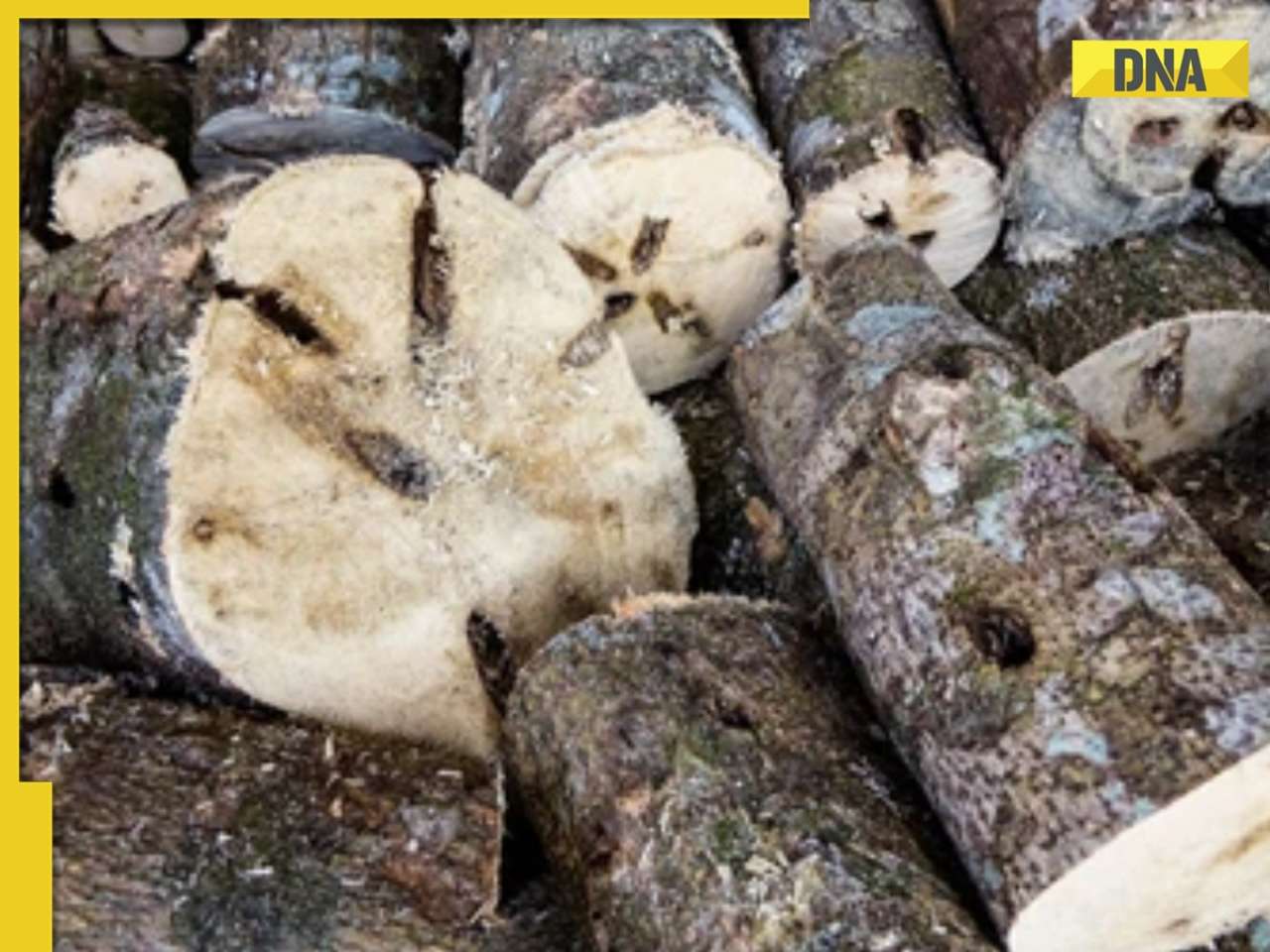 This is world’s most expensive wood, cost of 1kg wood is more than gold, its name is..., is found in...
This is world’s most expensive wood, cost of 1kg wood is more than gold, its name is..., is found in... This luxury car is first choice of Indians, even left BMW, Jaguar, Audi behind in sales, it is...
This luxury car is first choice of Indians, even left BMW, Jaguar, Audi behind in sales, it is... Kia India unveils Carens Clavis: Check features, design changes, price and more; bookings open on...
Kia India unveils Carens Clavis: Check features, design changes, price and more; bookings open on... Tesla CEO Elon Musk launches most affordable Cybertruck, but it costs Rs 830000 more than older version, it is worth Rs...
Tesla CEO Elon Musk launches most affordable Cybertruck, but it costs Rs 830000 more than older version, it is worth Rs...

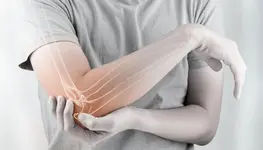



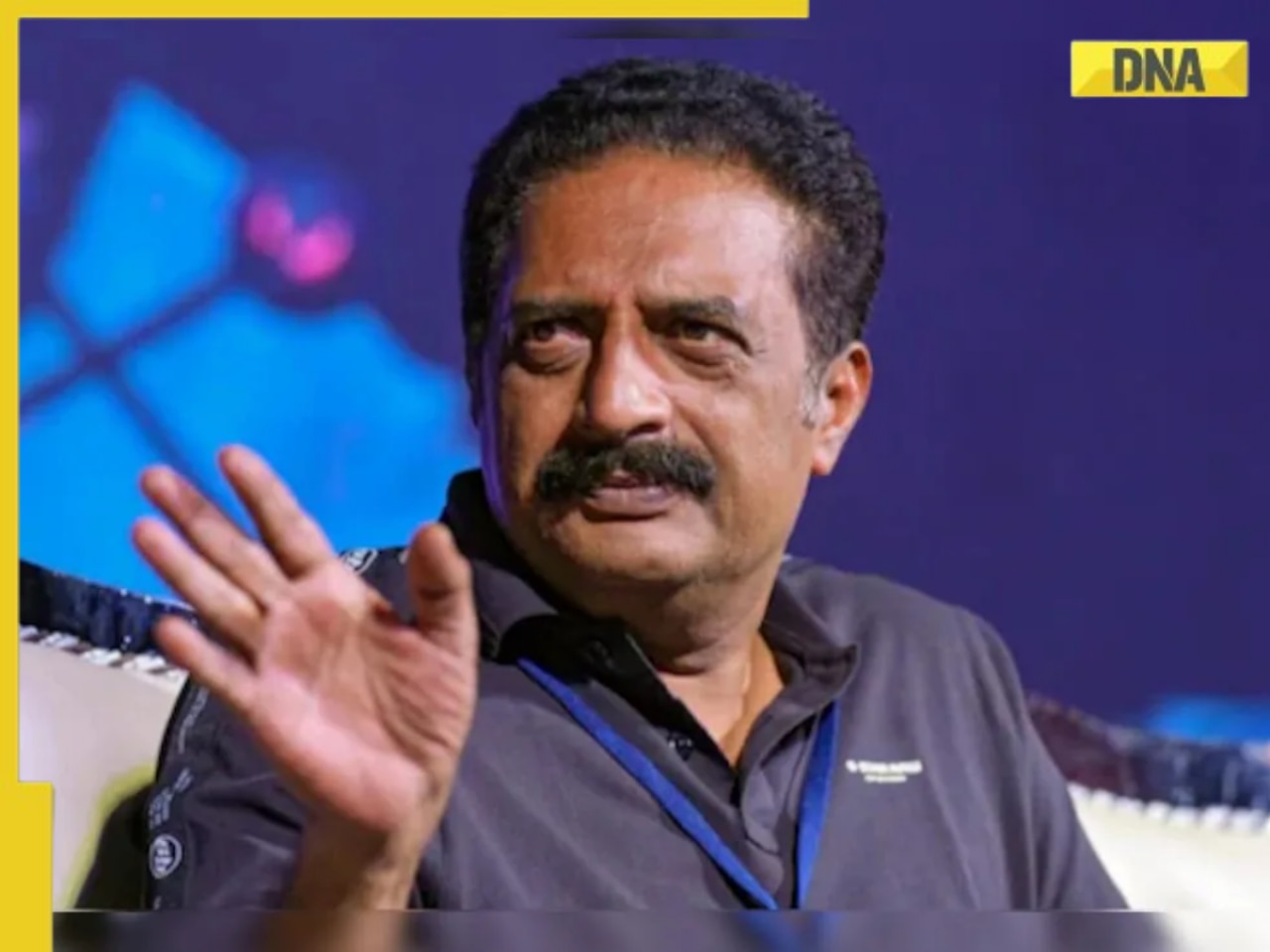




)
)
)
)
)
)
)
)
)
)
)
)
)
)
)
)
